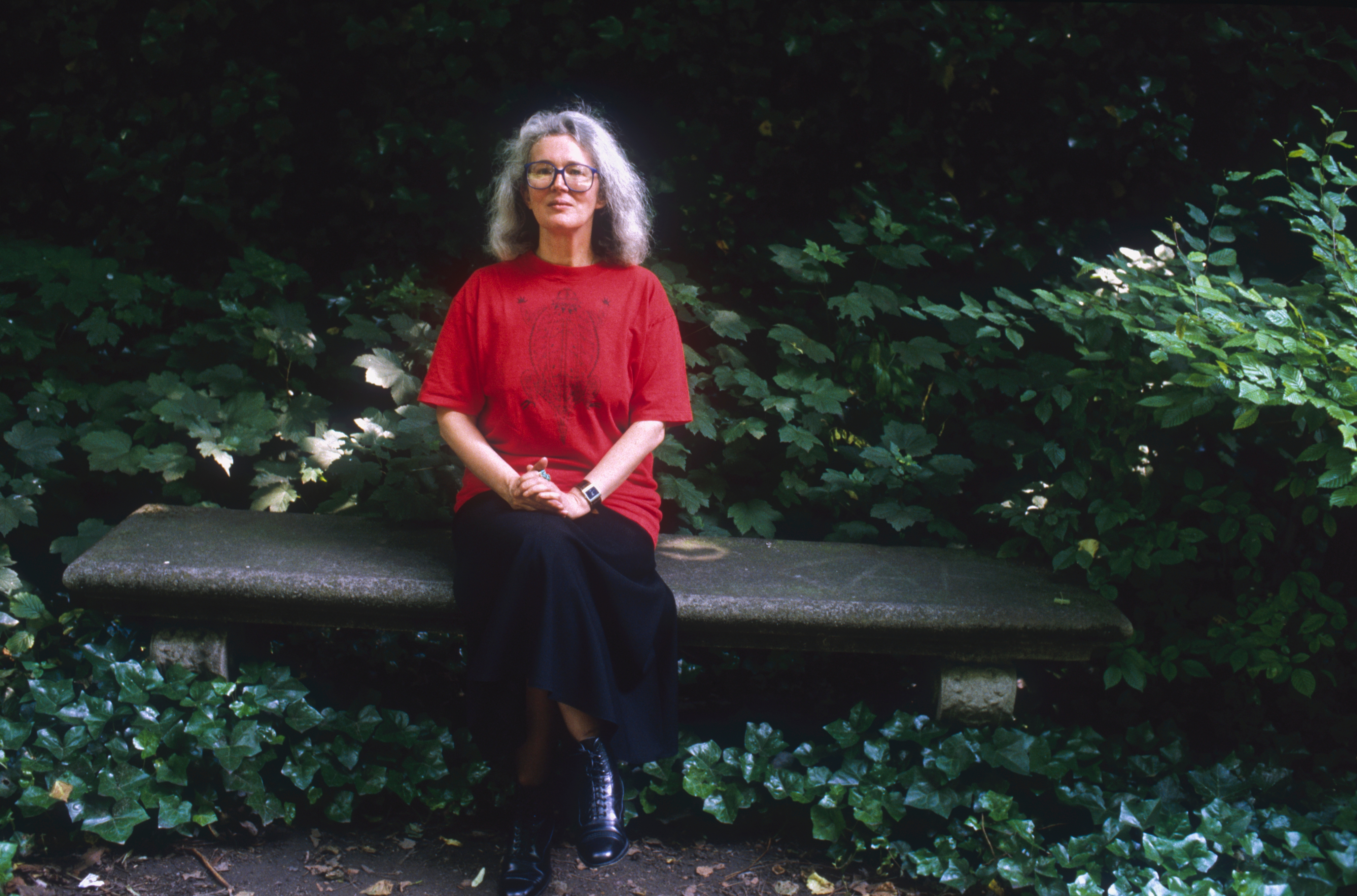I had the privilege – alongside the wise and learned Caroline Moorehead and Ian Kelly – of helping judge this year’s Slightly Foxed Best First Biography Prize, which was last night awarded to Edmund Gordon for his superb The Invention of Angela Carter. Since we had a truly belting shortlist for this prize, I thought it might be worth reposting the remarks I made in running over the shortlist, and linking, where possible, to the Spectator’s coverage of the books in question. (It’s to my shame that we didn’t review Gareth Russell. As I mention, popular Tudor history books come thick and fast and sometimes the good ones slip through.)
This was an exceptional shortlist, in which every book showed not only thorough knowledge of its subject but deep and sympathetic understanding. And from the Tudor court, to the battlefields of the first world war, from a busy obs/gynae ward on the NHS to the august halls of the National Gallery, from a book-lined study to a Japanese love-hotel, we were thoroughly immersed in the worlds these books inhabit.
In the end, though, we had to pick a first among equals. And for its elegant writing, fastidious research and becomingly modest yet entirely authoritative portrait of its fascinating subject and her work, we chose Edmund Gordon’s The Invention Of Angela Carter as our winner.
David Jones: Engraver, Soldier, Painter, Poet by Thomas Dilworth
Thomas Dilworth’s Life of David Jones brings extraordinary resources of scholarship and sympathy to bear on a vexingly difficult subject – and makes a vital case for his place in the front rank of 20th-century artists. As Dilworth’s subtitle suggests, David Jones was a man of many sides – and it’s to his deep credit that he reads Jones’s poetry as sensitively and suggestively as he does his drawings, paintings and engravings, and links them both persuasively to the growth of Jones’s unique mythic imagination, and to his sometimes painful private life.
The Invention of Angela Carter by Edmund Gordon
As a writer and as a person, Angela Carter was – to use the literary critical term of art – not like the other ducks. And quite how much, Edmund Gordon shows in this gripping biography – how a shy, tubby misfit turned herself into the witch-goddess of modern literature, a complete original and a fearless, though far from insensitive, follower of her own path. Gordon’s research has been both thorough and sympathetic, and is marshalled with great elegance and also great modesty. You really do finish this book with an Angela Carter so fully reimagined, so brilliantly invented from reality, that you find yourself wanting to have conversations with her, wanting to benefit as so many others did from her debunking wit, and her gift for friendship. Mr Gordon is as penetrating a reader of her work as he is of her life: this is Carter in the round.
This Is Going To Hurt by Adam Kay
Adam Kay’s diary of life as a junior doctor in the NHS does something remarkable. In the first place, it will make you hoot with laughter. It’s written with such wit and brio, and there are just as many stories of people with inappropriate objects wedged up their bottoms as you could hope for in a medical memoir. But it’s much more than just a comic turn: it gives you a real sense of what life is like in the lower reaches of the NHS, and does so with an anger and, finally, grief, that is entirely persuasive. It has played a large part in making the weather in the ongoing debate over the NHS – and an important one.
Young & Damned & Fair: The Life & Tragedy of Catherine Howard at the Court of Henry VIII by Gareth Russell
It’s sometimes tempting to wonder whether there is anything new that can possibly be written about the Tudor monarchy. Gareth Russell puts that speculation to rest with this hugely impressive study of Catherine Howard, conjuring a living, breathing person from the tantalisingly scant documentary trail she left us. In doing so, he doesn’t just reconstruct a young woman; but a richly realised sense of public life and family politics, and how they related in the Henrician court. Her short life becomes, as one of my fellow judges put it, the key to unlock her age. Gareth Russell is a scholarly mythbuster of ferocious diligence, too. Woe betide the received idea that passes under his scrutiny. Marrying precision of scholarship with narrative oomph and human sympathy is no small achievement, and he brings it off.
The Uncommon Reader: A Life of Edward Garnett by Helen Smith
You don’t hear much about people who spend most of their lives sitting in rooms reading books. The judges of book prizes are one type in this underappreciated category. Publishers’ readers are another. They also serve who only sit and read. And Edward Garnett served more, perhaps, than anyone in the 20th century. He’s well served, in turn, by Helen Smith’s fine biography. Here’s someone who shaped the literary culture indelibly with his careful reading, his unbending judgments, his sensitive and persistent support of new writers, and his dedication to literature. Helen Smith, with great care and attention, shows how; and reveals how tantalisingly unconventional was his inner life, too. He deserves this appreciation – just as much as he didn’t deserve to have to put up with Joseph Conrad and Ford Madox Ford.
Kenneth Clark: Life, Art and Civilisation by James Stourton
I like to imagine Kenneth Clark going around in a Rolls-Royce. And James Stourton has written him a Rolls-Royce of a biography. You marvel at the silky purr of the engine, the immaculate steering, the luxurious upholstery. But more than the dry wit of the treatment and the complete command of the material, Stourton’s book does something really special: it gives you Clark’s life forwards, rather than in retrospect. So much of the way popular culture now digests high art – so much we take for granted as the natural way of doing things – was more or less invented from scratch by Kenneth Clark. This book makes you see how that was, and how remarkable that was, and how remarkable Clark was. It’s quite something.








Comments